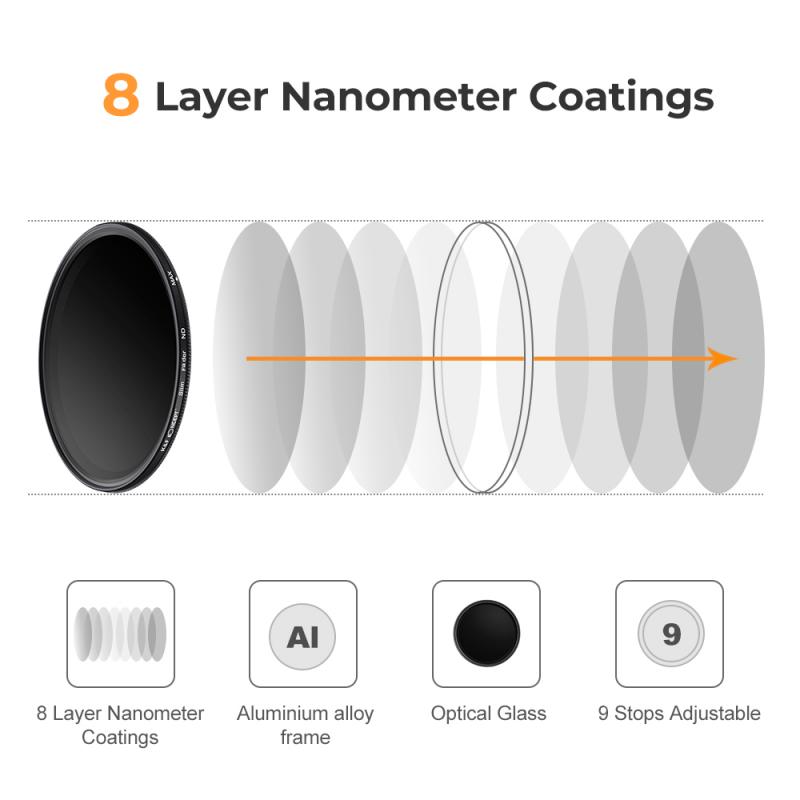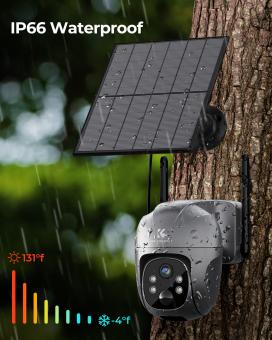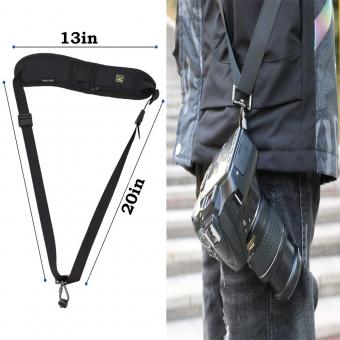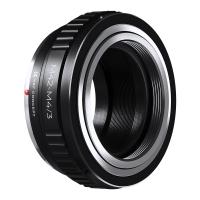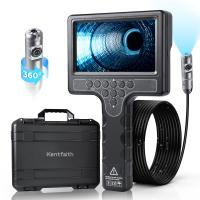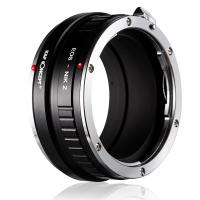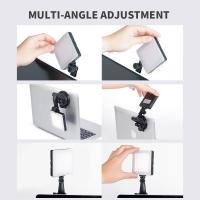Can A Cctv Camera Work Without Electricity ?
No, a CCTV camera cannot work without electricity. CCTV cameras require a power source to operate, which is typically provided through a power cable that is connected to an electrical outlet or a power supply unit. Some CCTV cameras may also have the option to be powered by batteries or solar panels, but these are not common and may not provide sufficient power for continuous operation. Additionally, even if a CCTV camera is powered by batteries or solar panels, it still requires electricity to transmit the video signal to a recording device or monitor. Therefore, electricity is an essential component for the operation of a CCTV camera.
1、 Solar-powered CCTV cameras
Solar-powered CCTV cameras are becoming increasingly popular due to their ability to work without electricity. These cameras are equipped with solar panels that convert sunlight into electrical energy, which is then used to power the camera. This means that they can operate even in remote areas where there is no access to electricity.
The latest solar-powered CCTV cameras are designed to be highly efficient and can operate for extended periods without needing to be recharged. They are also equipped with advanced features such as motion detection, night vision, and remote access, making them ideal for use in a wide range of applications.
One of the main advantages of solar-powered CCTV cameras is that they are environmentally friendly. They do not produce any harmful emissions and do not require any external power source, which means that they can be used in areas where traditional power sources are not available.
Another advantage of solar-powered CCTV cameras is that they are cost-effective. They do not require any ongoing electricity costs, which can save businesses and homeowners a significant amount of money over time.
In conclusion, solar-powered CCTV cameras are an excellent option for those looking for a reliable and cost-effective security solution. They are environmentally friendly, highly efficient, and can operate in remote areas without access to electricity. As technology continues to advance, we can expect to see even more advanced solar-powered CCTV cameras in the future.
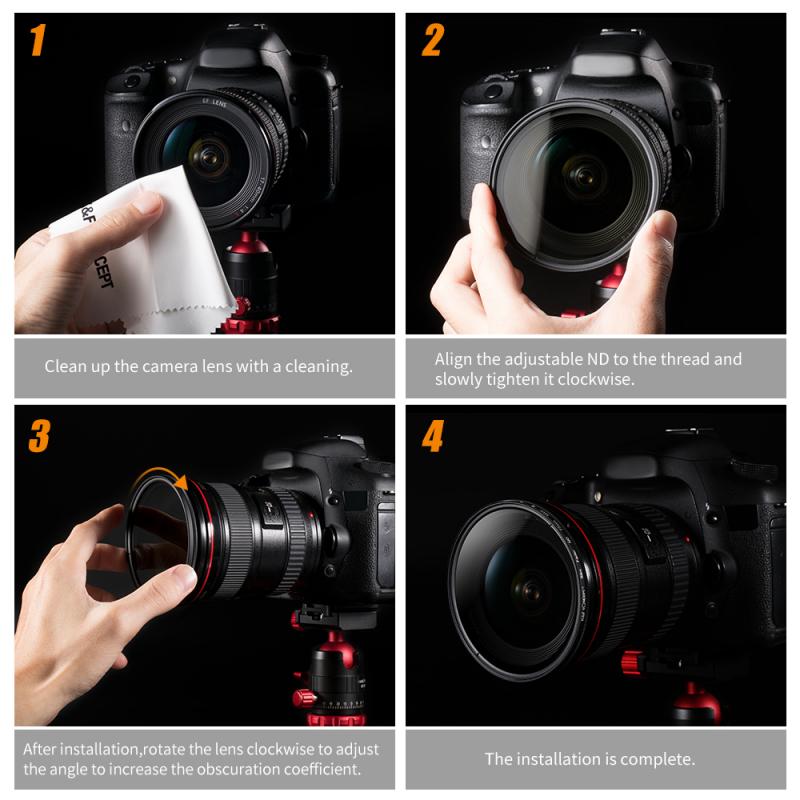
2、 Battery-powered CCTV cameras
Battery-powered CCTV cameras are a viable option for those who want to install a security camera system without relying on electricity. These cameras are designed to operate on rechargeable batteries, which can last for several months depending on usage. They are easy to install and can be placed anywhere without the need for wiring or electrical outlets.
However, it is important to note that not all CCTV cameras can work without electricity. Traditional CCTV cameras require a constant power supply to operate, and cannot function without it. Battery-powered CCTV cameras, on the other hand, are specifically designed to work without electricity.
The latest point of view on battery-powered CCTV cameras is that they are becoming increasingly popular due to their convenience and flexibility. They are ideal for remote locations, temporary installations, or areas where electricity is not readily available. They are also a great option for those who want to reduce their energy consumption and carbon footprint.
In conclusion, while traditional CCTV cameras require a constant power supply, battery-powered CCTV cameras can work without electricity. They are a convenient and flexible option for those who want to install a security camera system without relying on electricity. With the increasing popularity of battery-powered CCTV cameras, we can expect to see more advancements in this technology in the future.

3、 PoE (Power over Ethernet) CCTV cameras
PoE (Power over Ethernet) CCTV cameras can work without electricity as they are designed to receive power and data through a single Ethernet cable. This means that they can be powered by a PoE switch or injector, which sends power over the Ethernet cable to the camera. This eliminates the need for a separate power supply and reduces the amount of cabling required, making installation easier and more cost-effective.
However, it is important to note that PoE cameras still require a power source to operate. The PoE switch or injector must be connected to a power outlet, which means that the camera is still dependent on electricity. In addition, PoE cameras may not be suitable for all environments, as they require a stable power supply and may not be able to withstand power surges or fluctuations.
Overall, PoE CCTV cameras offer a convenient and efficient way to power and connect cameras, but they still require a power source to operate. As technology continues to evolve, it is possible that new innovations may emerge that allow cameras to operate without electricity, but for now, PoE cameras remain a reliable and popular option for surveillance systems.
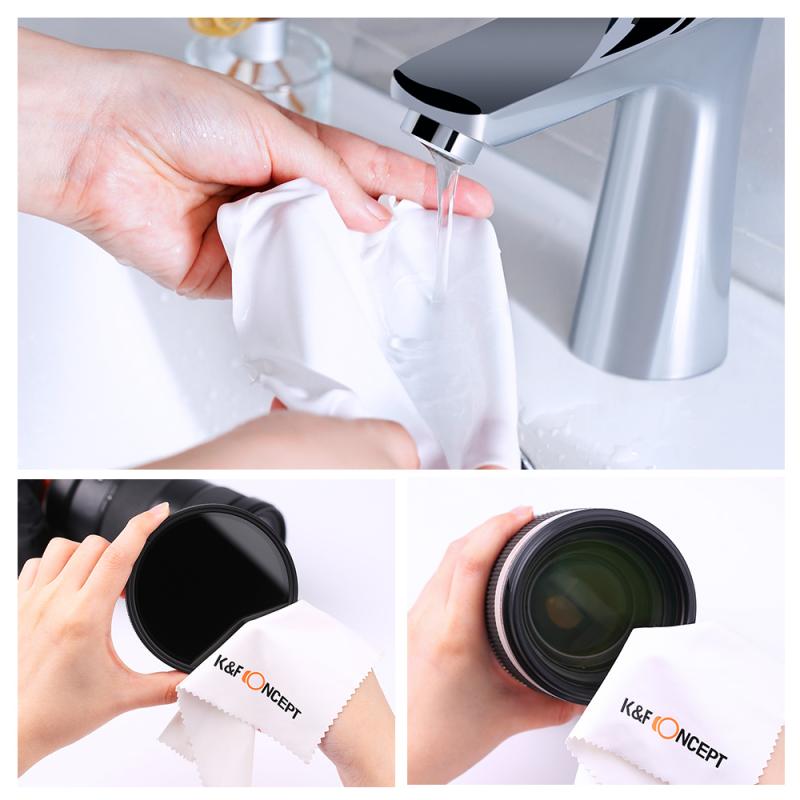
4、 Wireless CCTV cameras with battery backup
Wireless CCTV cameras with battery backup can work without electricity. These cameras are designed to operate on battery power, which means they can continue to function even during power outages or when there is no access to electricity. The battery backup system is an essential feature of wireless CCTV cameras, as it ensures that the cameras can continue to record and transmit footage even when there is no power supply.
Wireless CCTV cameras with battery backup are becoming increasingly popular due to their flexibility and ease of installation. They can be installed in remote locations where there is no access to electricity, making them ideal for outdoor surveillance. They are also easy to install and can be set up quickly without the need for complex wiring.
The latest advancements in battery technology have made it possible for wireless CCTV cameras to operate for extended periods without the need for recharging. Some cameras can operate for up to six months on a single charge, making them ideal for long-term surveillance applications.
In conclusion, wireless CCTV cameras with battery backup can work without electricity, making them an ideal solution for outdoor surveillance and remote locations. The latest advancements in battery technology have made these cameras more reliable and efficient, ensuring that they can continue to operate even during power outages or when there is no access to electricity.
